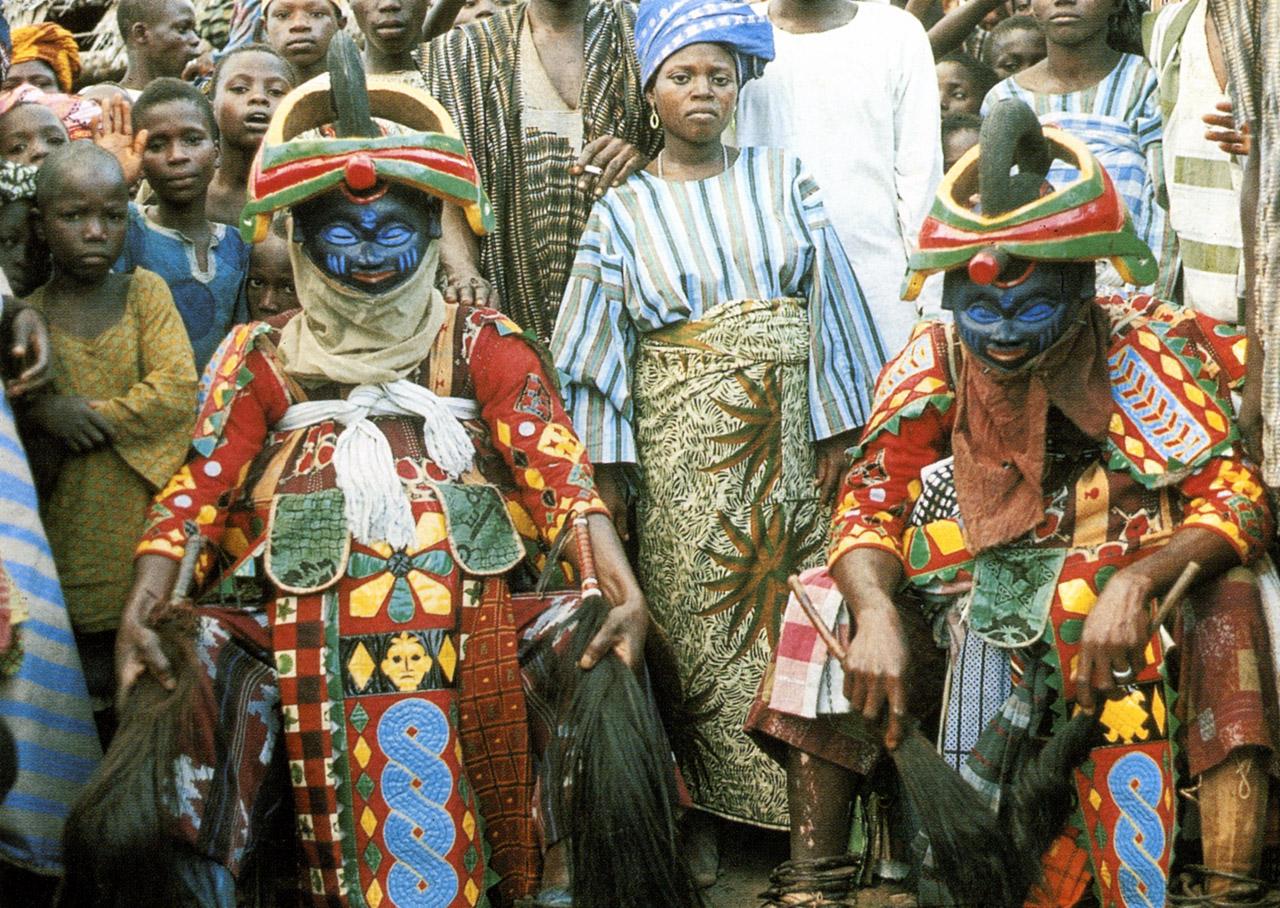By
Shola Balogun
The interplay of satire and comic ribaldry as a specified art of the traditional Yoruba gelede theatre and its aesthetic framework within postcolonial African experience can be interrogated as a provenance to the place of folk theatre in contemporary theatre arts theory and criticism.
In the traditional Yoruba gelede theatre, hybridity of rhetorical discourses, festival songs and dances, are a subtle ruse to unveil the unwholesome policies of the state to the commoners without resorting to unrest and to reinvent the caprices of the ruling class without incurring penalty for libel.
The shifting context of this folk theatre, to an ardent observer, goes beyond telling the truth in disguise. Its engaging disposition is to place both the divided factions-the ruling class and the commoners-in the position of involvement and creative discourse for the preservation of the state. The essential aesthetic identity of this theatre is obscenity and nudity. This’erotic radical mix’ and dance are mutually complementary. They are situated within the social order as a mechanism to deconstruct the perceived lop-sided representation of the ‘sacred’ and the ‘profane’ in communal confrontation. As evident in this pre-colonial African theatre, the freedom for obscenity and nudity during the assigned period, which can be once in a year, allows every individual in the community to purge himself or herself of every symptom of bitterness and psychotic inhibition without being destructive or violent.
Conflict and extremist syndromes are copiously controlled by giving place for satirical interpretations and mockery in social expressions. The convention of traditional Yoruba gelede theatre proffers an ingenious check and balance that eliminates build-up of suicidal tendencies and terrorism.



No Comments Yet!
You can be first to comment this post!